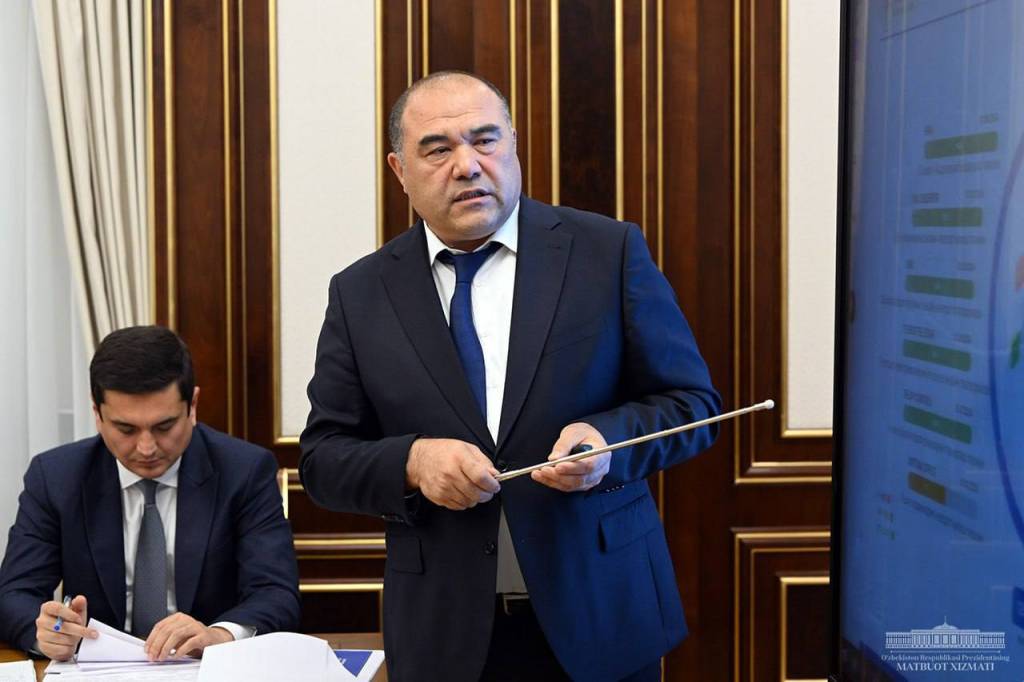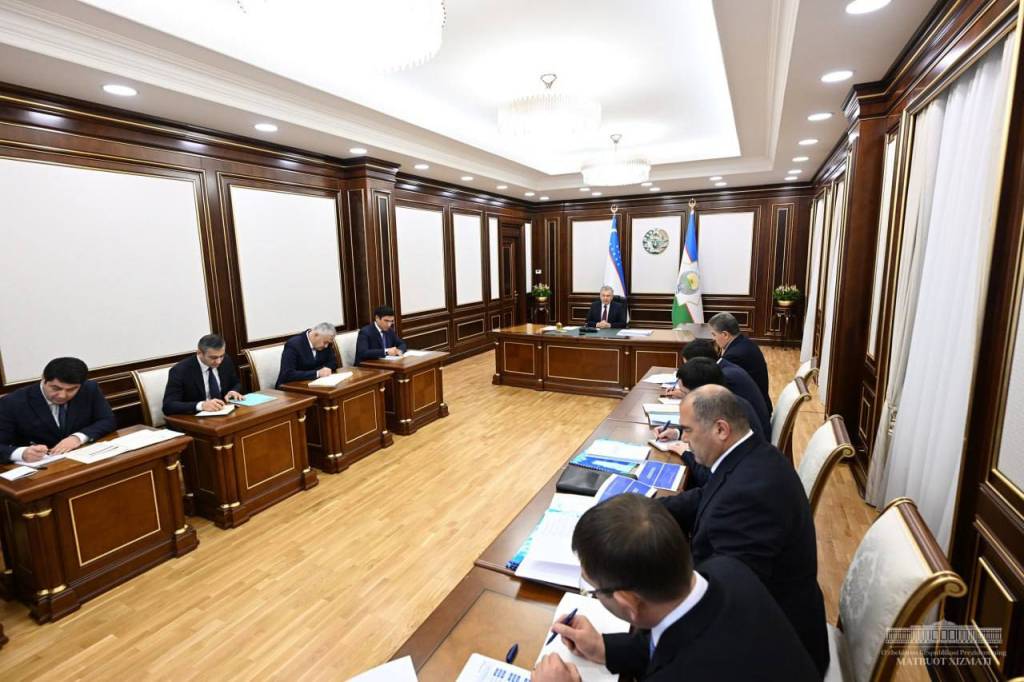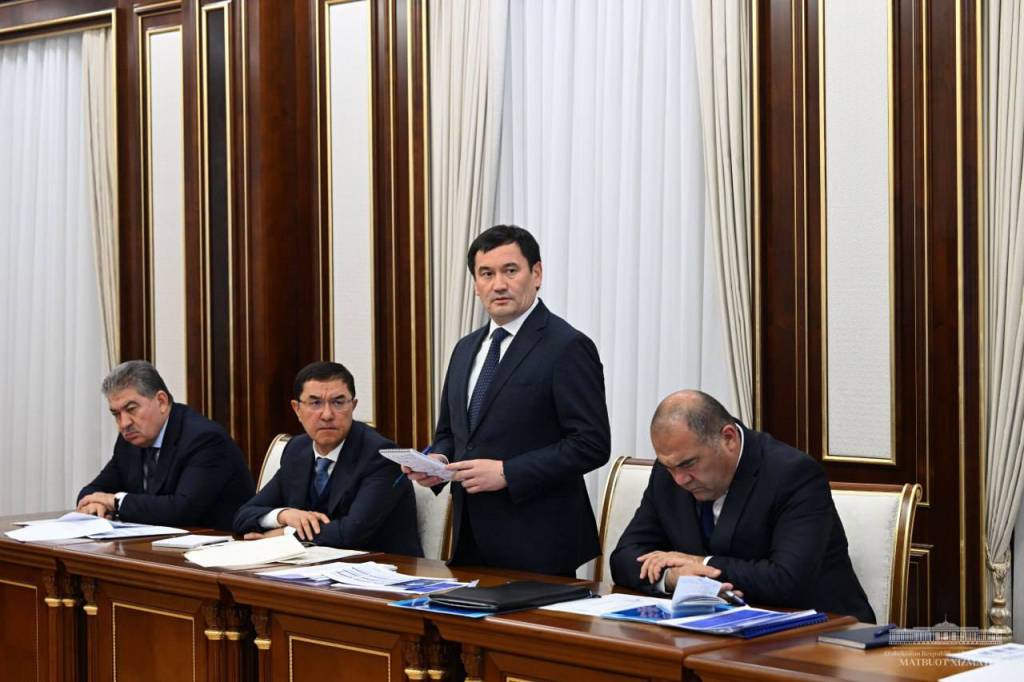WNAM MONITORING: President Shavkat Mirziyoyev got acquainted with a presentation on the progress of the transformation process in state-owned companies in the railway and aviation industries.
This sector is undergoing large-scale transformations in economic efficiency and convenience for the population. Six independent enterprises have been created as part of the Uzbekistan Railways JSC. 1,200 new freight cars have been purchased, and the time for transporting goods on domestic routes has been halved.
As a result of digitalization, the process of ordering a car has been reduced from 7 stages to 3, and the time for its implementation has been reduced from 72 hours to 12 hours. The capacity of trains around Tashkent has increased by 30 percent. The joint-stock company, which previously operated at a loss, is making a profit of 30 billion UZS this year.

Progress is also being seen in aviation companies. The number of flights in the Uzbekistan Airways system has increased by 25 percent. 8 new aircraft have been sent to domestic routes, and the number of domestic flights has increased by 2.5 times. The share of the national airline in international transportation in Central Asia has reached 20 percent. The annual passenger traffic is expected to exceed 6 million people.
Uzbekistan Airports services aircraft, cargo, and passengers. The private sector’s involvement in airport management has shown positive results. 44 airlines from around the world operate flights to Uzbekistan. This year, the volume of cargo transportation through airports is expected to increase by 22 percent.
However, there are still many tasks. In the current difficult world situation, the importance of transport routes is increasing.
Therefore, it is essential to diversify routes, speed up transportation, and reduce the cost of transport services.

The current issues in this area were discussed at the meeting.
“Our country’s economy and foreign trade relations are developing yearly, and the population’s income and the regions’ tourism potential are growing. We have set the goal of increasing the gross domestic product to $200 billion by 2030. Therefore, we must pay special attention to transport arteries”, the President said.
The necessary organizational and legal conditions are being created for this. Until now, the railway sector was regulated by a law adopted 25 years ago. It was emphasized that the Law “On Railway Transport” signed today in the new edition opens up broad opportunities for attracting private companies and investments and developing infrastructure.
Now, industry leaders need to change their working methods and approaches to achieve results. First, it is necessary to accelerate the sector’s transformation and efficiently implement construction and modernization projects. Among the most important tasks are obtaining an international credit rating, attracting funds without a state guarantee, and efficiently using investments.

Uzbekistan’s air traffic has not yet reached a level that satisfies the population. Obtaining an international rating and entering the external financial market are delayed. As a result, the high cost of services does not allow for a significant reduction in the price of air tickets. Cost-cutting measures are being implemented slowly.
In this regard, the task has been set to develop a specific program and a roadmap for transformation with the involvement of a consulting company.
The main goal of the Uzbekistan Airport system is to increase the volume of services provided and expand private partnerships. After Samarkand Airport was transferred to private management, flights and passengers increased fivefold. Similar tasks are facing the airports of Namangan, Andijan, Bukhara, and Urgench. By the end of the year, it is planned to double the number of additional services at airports and increase revenues by 25 percent.
Measures have been defined to attract independent resources from the international market and fully utilize the terminal of Navoi Airport.
The Head of state instructed to accelerate digitalization in three companies, revise development plans and improve economic efficiency.








